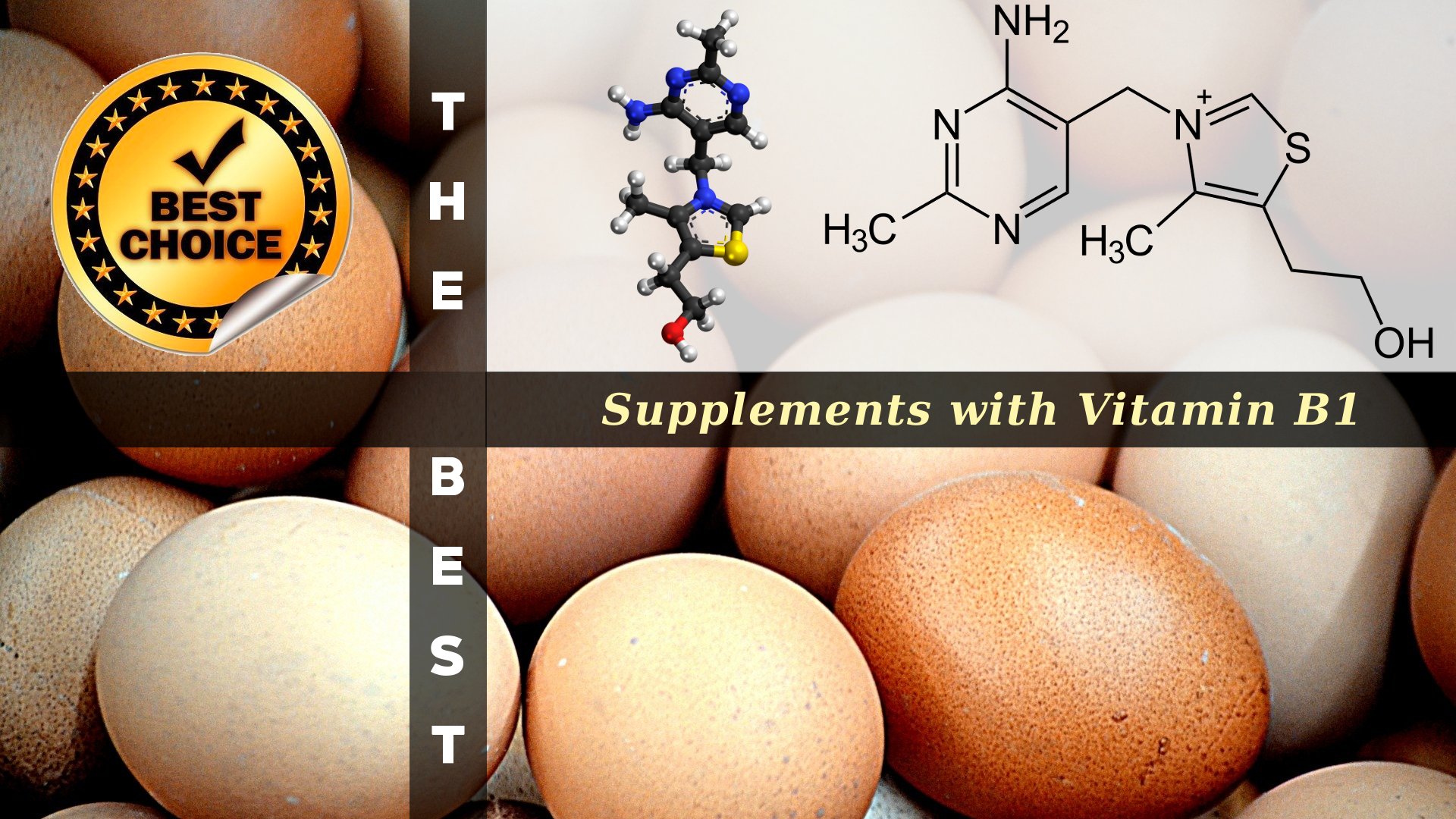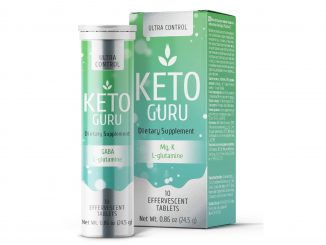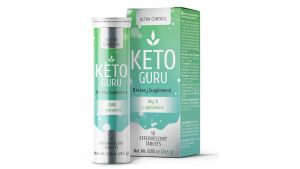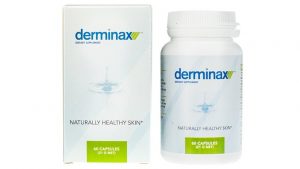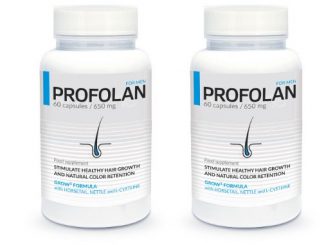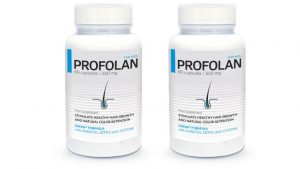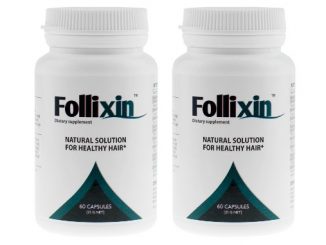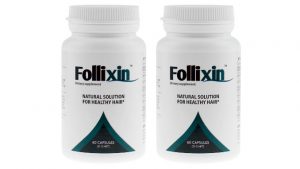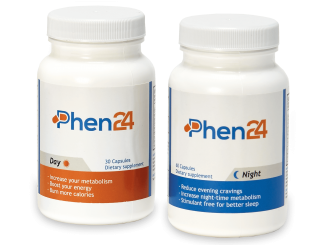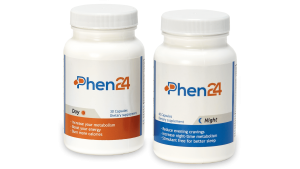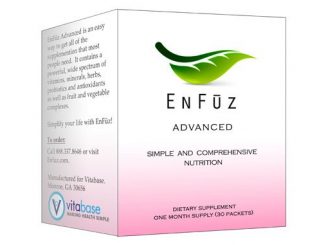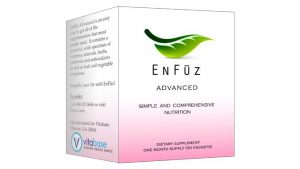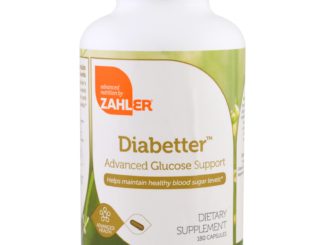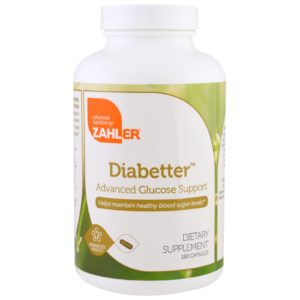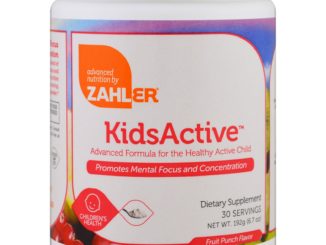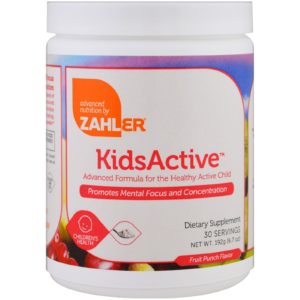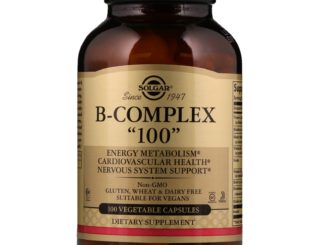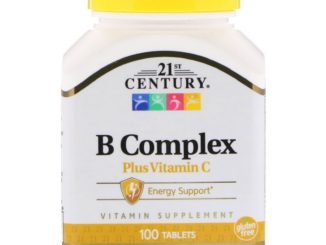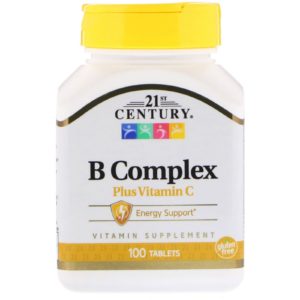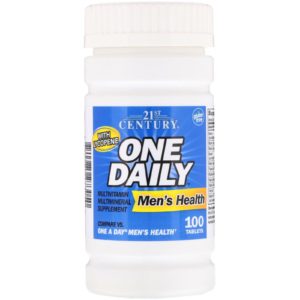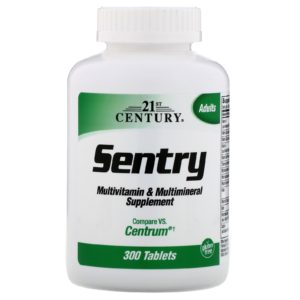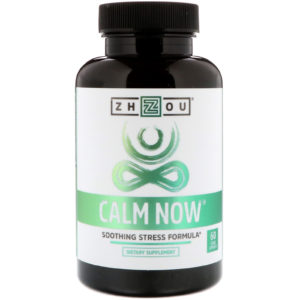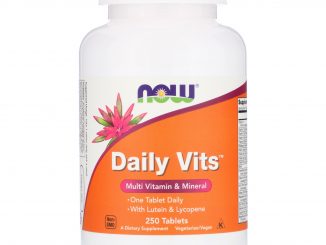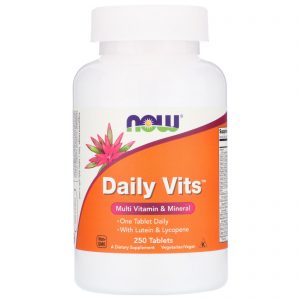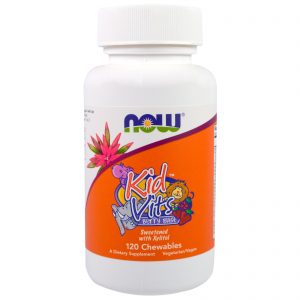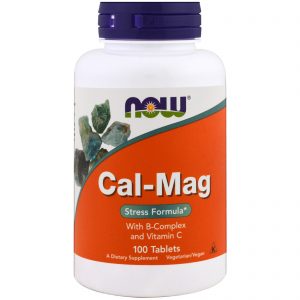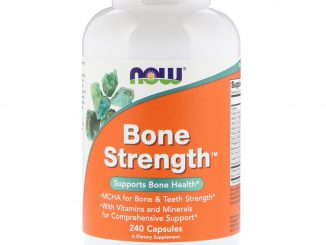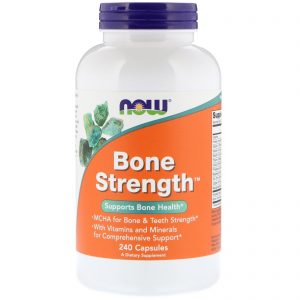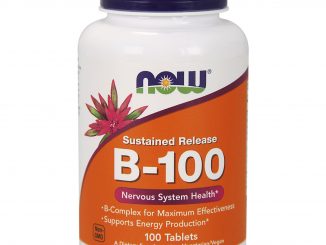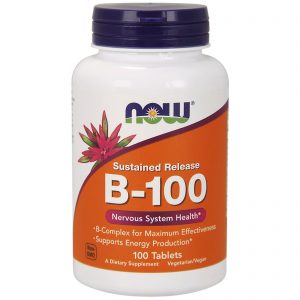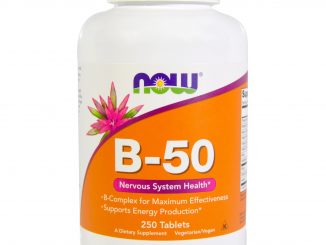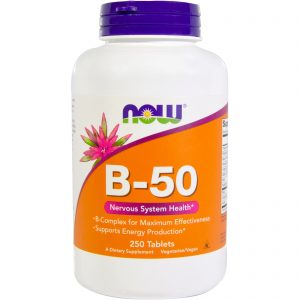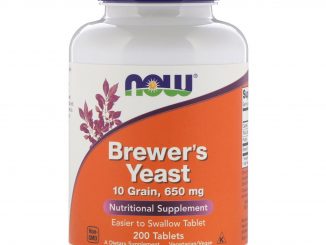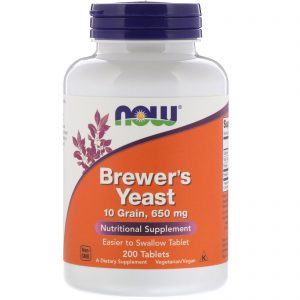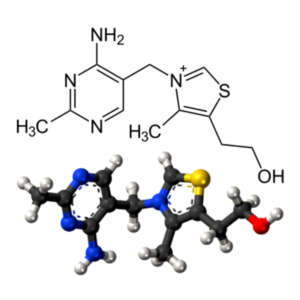The properties of Vitamin B1
Vitamin B1 (thiamine, aneurine C12H17N4OS). All eight B vitamins, including Vitamin B5 mentioned above, help your body convert food, especially carbohydrates, into glucose that it can use as energy. Vitamin B1 is no different – it also helps your body metabolize fats and protein, ensuring you get all the nutrients you need from your food.
Recommended Daily Allowance
Vitamin B1 – Recommended Daily Allowance: 1.2/1.1 mg.
Symptoms of Deficiency
Mild deficiency: general fatigue/weakness gastro-intestinal symptoms.
Deficiency: “Beri-beri”— Peripheral nerve damage and cardiovascular dysfunction leading to: pain, impaired sensory perception; swelling, weakness and pain in the limbs; shortness of breath, irregular heart rate, heart failure.
Specific Risk Factors for Deficiency
Alcohol abuse, obesity.
Dietary Sources
Good Dietary Sources of Vitamin B1:
- cereals (esp. whole grain),
- brown rice,
- green vegetables,
- potatoes,
- pasta,
- liver,
- pork,
- eggs.
Vitamin B1 and the Brain
Thiamine is a coenzyme in the pentose phosphate pathway, which is a necessary step in the synthesis of fatty acids, steroids, nucleic acids and the aromatic amino acid precursors to a range of neurotransmitters and other bioactive compounds essential for brain function. Thiamine plays a neuro-modulatory role in the acetylcholine neurotransmitter system, distinct from its actions as a cofactor during metabolic processes and contributes to the structure and function of cellular membranes, including neurons and neuroglia(1262).
Brain Specific Symptoms of Deficiency
Mild deficiency: irritability, emotional disturbances, confusion, disturbed sleep, memory loss. Deficiency: Wernicke-Korsakoff syndrome (neurodegeneration, within the medial thalamus and cerebellum). Ataxia, abnormal motor function and eye movement, amnesia, apathy, confabulation.


























































